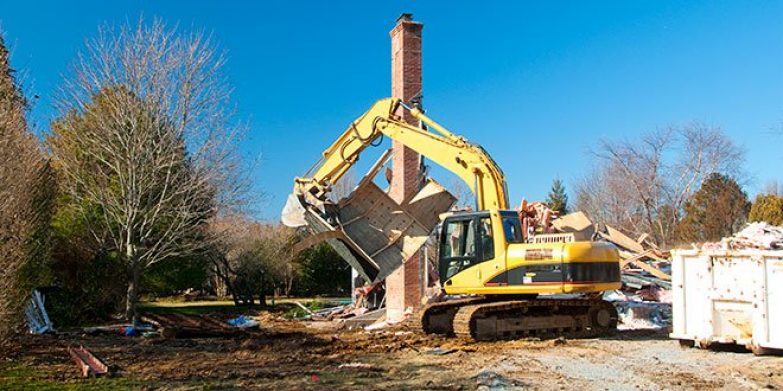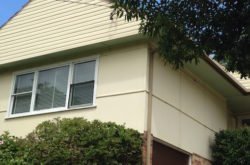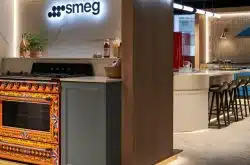Got a question about real estate on the North Shore? Our resident property expert Henny Stier answers your questions about buying, selling and renting on the North Shore. If you have a question for Henny, you can submit it here.
Is spending $800,000 on land on a busy road (close to a hospital) a good idea? We are unable to decide, as there might be some hidden construction costs and seek your advice.
Your question is essentially two-fold. It is firstly about buying on a busy road; and secondly about purchasing to knock down and rebuild.
Property buyers usually search for a property based on some criteria. For many buyers, some factors are considered so negative that it would eliminate the property immediately. This is called a deal-breaker. A busy road is often (but not always) a deal-breaker for many buyers. This is why properties on busy roads are usually sold at a significant discount relative to the same property on a quiet street. Whether or not you should buy on a busy road depends on your tolerance of traffic, noise, safety concerns for children, difficulty of parking and reversing out of the driveway, etc. Ultimately for a lot of people though, this is about budget and what is affordable. Given a choice, most buyers would prefer to buy on a less busy road. But this is not always possible due to financial constraints. In a hot market such as the one we are experiencing now, most properties pretty much sell themselves if priced appropriately. However, in a downturn, properties on a busy road will be much harder to sell (if you can sell at all) as buyers become more selective.
You raised an excellent question on whether buying to knock down and rebuild is a good idea. This relates to the important but often overlooked issue of over-capitalisation. Without knowing more about what type of home you would want to build on the site, it is difficult to calculate. This is because any building project can vary greatly based on (1) difficulty of the site – for example if it is steep, rocky, in bush-fire prone land, not easy parking for construction equipment or supplies, etc.; and (2) the level of workmanship by the builder; and (3) the finishes as selected by you. A house with an identical footprint and floorplan can have a significant cost difference if one is on a dead level block of land on a quiet street with easy access versus one on a hilly block by a busy road with difficult access. Likewise, the very same house can also cost twice as much to build if it was done in full brick throughout and on concrete slabs versus being built in brick veneer.
For the purpose of answering your question, let’s assume that you will be building a 4-5 bedroom, 2-storey brick-veneer house with medium quality finishes. Without taking into account site costs and consultants’ costs, this can cost anywhere around $400,000 – $600,000 depending on the builder you choose. Let’s hypothetically just pick $500,000 as the mid-point figure for the purpose of this discussion.
If you bought the land for $800,000 (plus stamp duty) and the new house would cost $500,000, then you need the new home to be worth at least $1.4 million before you even break even. Whether or not you will over-capitalise depends on one very crucial factor: length of time you will hold the property. If you intend to live in it for the next 15-20 years and will derive a lot of pleasure living in your new home, then the issue of over-capitalising is essentially moot. However, the problem of over-capitalisation easily arises if you intend to sell the property in the short to medium term.
Another way to look at it is if a buyer has $1.4 million, would they choose to buy your property over others? Do buyers have access to a similar home that is NOT on a busy road for a similar price tag? Keep in mind that being on a busy road is already a major deal-breaker for many home buyers regardless of what type of home is on the land.
Over-capitalisation is a relative concept. If your finished product is $1.4 million but the majority of homes on the street is worth around $1 million, then yes, you are likely to be over-capitalising in the neighbourhood. Don’t forget that people don’t just buy a house, they are also buying into the street and the neighbourhood. Your final product needs to be appropriate relative to the street and neighbourhood, and take into account that you would be more prone to over-capitalising because of the very busy road.













